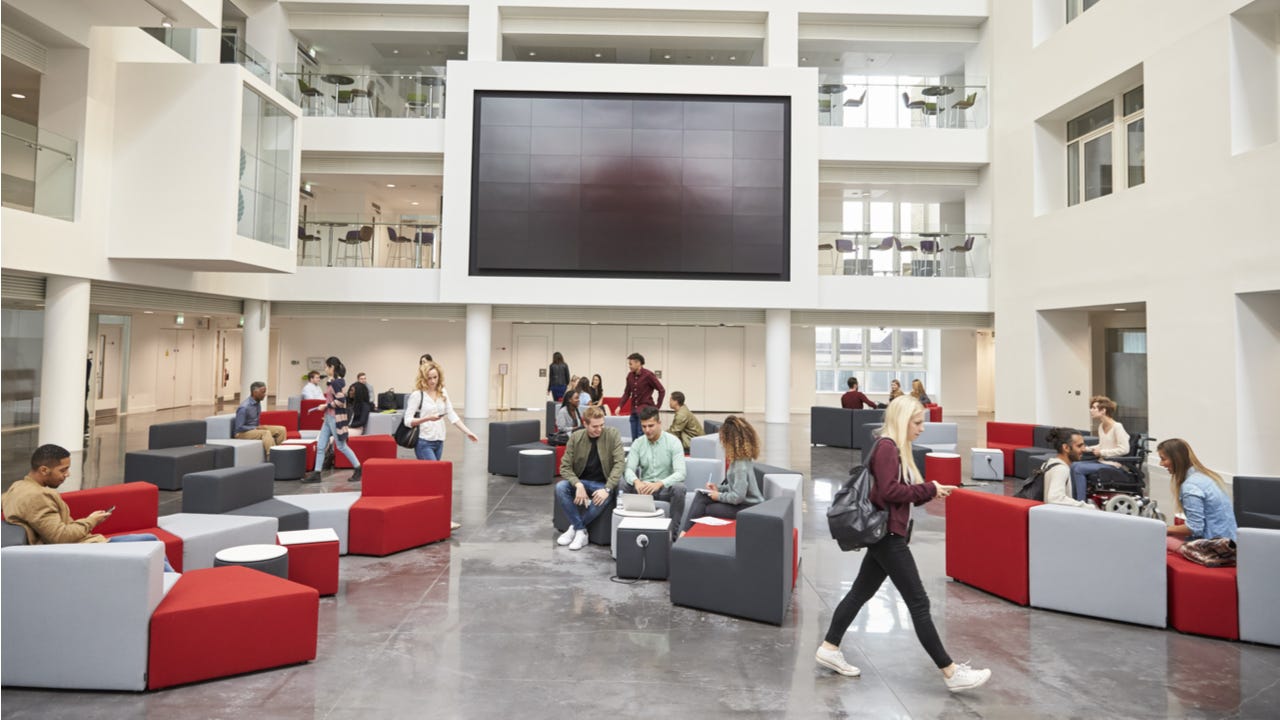Sallie Mae is a private loan servicer offering federal and private student loans. It’s one of the biggest student loan servicers in the US, handling loans for millions of borrowers. Though it’s a private company, Sallie Mae services federal student loans on behalf of the US Department of Education.
So if you have a Sallie Mae-serviced federal loan, it’s effectively a federal student loan.
Sallie Mae is a private student loan lender, not a federal student loan lender. However, you may be able to consolidate your federal student loans with Sallie Mae.

Credit: www.bankrate.com
Is Sallie Mae a Federal Or Private Loan?
Sallie Mae is a private loan. It is not backed by the federal government. This means that it may be more difficult to obtain and may have higher interest rates than a federal loan.
However, Sallie Mae does offer some benefits that federal loans do not, such as the ability to defer payments or make interest-only payments.
Can a Sallie Mae a Student Loan Be Forgiven?
There are several ways that a Sallie Mae student loan can be forgiven. One way is through the Public Service Loan Forgiveness program, which forgives the remaining balance on direct loans after 10 years of full-time employment in an eligible public service job. Other ways include discharge due to death or disability, Closed School Discharge, and False Certification Discharge.
What Student Loans are Federal?
There are two types of student loans available to students in the United States: federal student loans and private student loans. Federal student loans are provided by the government and come with a number of benefits, including fixed interest rates, income-based repayment plans, and forgiveness programs. Private student loans are provided by banks and other financial institutions, and typically have variable interest rates and fewer repayment options.
All federal student loans are made through the William D. Ford Federal Direct Loan Program. This program offers four types of federal student loans: Direct Subsidized Loans, Direct Unsubsidized Loans, Direct PLUS Loans for Graduate or Professional Students, and Direct Consolidation Loans.
Direct Subsidized Loans are available to undergraduate students with demonstrated financial need.
The government pays the interest on these loans while the borrower is in school at least half-time, during the grace period (a six-month period after graduation or leaving school), and during deferment periods (a temporary postponement of loan payments).
Direct Unsubsidized Loans are available to undergraduate and graduate students; there is no requirement to demonstrate financial need for these loans. The borrower is responsible for paying all accrued interest on these loans from the time they are disbursed until they are paid in full.
Interest can be paid while the borrower is in school or it can be capitalized (added to the principal balance), which will increase the amount of money that must be repaid later.
Direct PLUS Loans for Graduate or Professional Students help cover educational expenses up to the cost of attendance minus any other financial aid received. These loans require a credit check; borrowers with adverse credit may still receive a loan if they get an endorser who does not have an adverse credit history.
The endorser agrees to repay the loan if the borrower does not do so themselves. Like Direct Unsubsidized Loans, all accrued interest must either be paid by the borrower or capitalized when payments begin; there is no subsidized option for this type of loan.
Is Sallie Mae a federal student loan?
Is Sallie Mae a Good Student Loan?
Sallie Mae is one of the most popular names in student loans and for good reason. It’s a reliable lender with a long history of helping students finance their education. But that doesn’t mean Sallie Mae is always the best option for every borrower.
Here’s what you need to know about Sallie Mae student loans to decide if they’re right for you. What Is Sallie Mae? Sallie Mae is a private company that specializes in student loans.
It was originally created by the government as a way to help more students afford college, but it was privatized in 2004. Today, Sallie Mae offers both federal and private student loans, as well as other financial products like savings accounts and credit cards. What Are the Benefits of Taking Out a Student Loan from Sallie Mae?
Is College Ave a Federal Loan?
There are many different types of student loans available to help cover the cost of college, but is College Ave a federal loan? Here’s what you need to know.
Federal student loans are offered by the government and can be used for any type of education-related expenses, including tuition, room and board, books, and more.
College Ave is not a federal student loan provider. Instead, it’s a private student loan lender that offers both fixed and variable rate loans.
While federal student loans typically have lower interest rates and more flexible repayment options than private loans, they may not cover the full cost of your education.
This is where private lenders like College Ave come in. Private loans can help fill the gap between what you’re able to pay out-of-pocket and what you need to cover your total costs.
If you’re considering taking out a loan for college, make sure to compare all your options before making a decision.
Federal student loans should always be your first choice, but if you need additional funding, consider a private lender like College Ave.
Conclusion
Sallie Mae is a private student loan provider in the United States. It is not a federal student loan provider. Federal student loans are provided by the US government through the Department of Education.